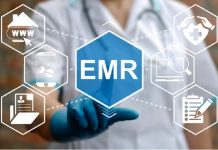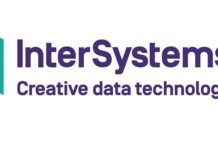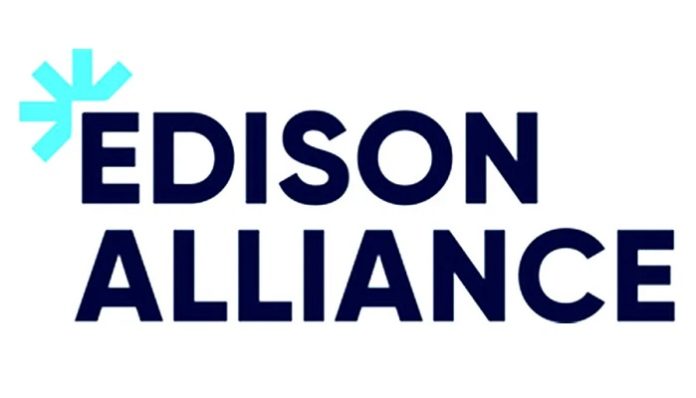Accelerating the process of digital inclusion for one billion people by the year 2025 will boost the rate at which the current state of healthcare is being optimized.
Prioritizing digital inclusion and its impact
The COVID-19 pandemic has gone on to dramatically increase digitization across the world. Access when it comes to digital technologies has gone on to enable people to carry on with their lives, but the crisis in health has also exacerbated the present inequalities for the 2.6 billion people who happen to remain unconnected to the internet and digital space.
The EDISON Alliance from the World Economic Forum happens to be a global movement of leaders from all industries and governments who look to prioritize digital inclusion in order to bring millions of people online so that they can have access when it comes to critical services within healthcare, finance, as well as education.
The Alliance pushes collaboration as well as cross-sector action in order to enhance digital inclusion. It is thereby also mobilizing commitments across the globe so as to speed up the delivery of digital solutions for the unserved and underserved populations, thereby looking to improve the lives of 1 billion people by next year.
What happens to the challenge?
Although most of the people in the world happen to live in areas that are covered by a broadband network, 33% of the world population, i.e., about 2.6 billion people, still remain offline and are hence left behind. This is because of the persisting barriers to connectivity, which are primarily the affordability of data as well as devices, the dearth of required digital skills, and also a lack of access when it comes to digital infrastructure as well as skills.
It is well to be noted that for the average consumer within most low-income economies, the cost when it comes to fixed or mobile broadband services goes on to remain very high. A basic mobile data plan in such countries goes on to cost around 9% of their average income. While this has decreased slightly in recent years, the cost still remains many times more expensive than in higher-income countries.
Getting access to affordable digital services and the digital skills needed to make use of them, is no longer a luxury; it is indeed a necessity. Leaders from across the industry and government happen to be pushing this intricate as well as urgent challenge to the forefront of the Forum’s agenda since no one sector can go ahead and address this challenge single-handedly.
The approach to enhancing digital inclusion
The EDISON Alliance happens to be a global mobilization when it comes to private and public sector leaders, thereby getting actors from the telecoms as well as the broader ICT sector together with healthcare members as well as members from financial services, education, and also investors so as to foster digital inclusion.
Apparently, in September 2021, the Alliance went ahead and launched the 1 Billion Lives Challenge in order to improve 1 billion lives across the world by way of affordable digital access to healthcare, education, as well as financial services by next year. As of January this year, Alliance partners have already gone on to upgrade the lives of 784 million people by way of 320 initiatives all throughout 127 countries by means of digital solutions.
It is worth noting that EDISON Alliance partners have:
- gone on to offer 463 million people with access to the digital financial services;
- brought-in 141 million people access to digital health services
- helped 94 million people, as well as youth to access online education.
When it comes to the regional impact, South Asia as well as Africa have benefited a lot from the Alliance’s initiatives, in which countries like India, Bangladesh, Vietnam, Pakistan, as well as Ethiopia are leading the way, having the highest number of lives that are impacted.
The Alliance’s Lighthouse Countries Network happens to be a platform for nations so as to advance their national digital inclusion agendas. Countries like Ethiopia, Ghana, Guinea, as well as Nigeria recently went on to join Bahrain, Bangladesh, Honduras, Togo, Rwanda, and the UAE so as to leverage the collective capacities of the Alliance.
In Rwanda, for instance, a collaboration with Mastercard has gone on to introduce tailored digital financial services specific to the country’s market needs. Whereas in Bangladesh, the government has gone on to effectively leverage the Alliance’s collective knowledge in order to enhance the digital education services.
In collaboration with the International Finance Corporation as well as the Monetary Authority of Singapore, the Alliance happens to be working to advance digital inclusion by way of financial services and also enable reduce inequalities in people and smaller businesses within emerging as well as developing economies.
The Alliance also goes on to supply ongoing guidance in order to empower policymakers as well as relevant stakeholders to make informed decisions that go on to advance digital inclusion. These tools happen to include shared principles for digital health inclusion as well as an inclusive financial system, which is a guidebook for digital inclusion bond financing, and also the Digital Inclusion Navigator, which is a one-stop shop when it comes to curated case studies as well as leading best practices so as to help policymakers decode the digital divide. The Alliance’s Initiatives Marketplace helps serve as a central hub in terms of showcasing the diverse cluster of partner initiatives, thereby helping members to draw inspiration and also identify expertise as well as collaborators for their initiatives.
How can one go on to get involved?
The EDISON Alliance happens to be an initiative of the Forum’s Centre when it comes to the Fourth Industrial Revolution. It is well to be noted that a network of 160 changemakers, right from CEOs to ministers as well as the heads of international organizations, happen to be championing this digital inclusion.
Companies can go on to join this 1 Billion Lives Challenge by way of pledging existing or even new commitment so as to order to improve lives by means of digitally inclusive services, or even by way of contributing to the initiative with a recognized pledge.

























